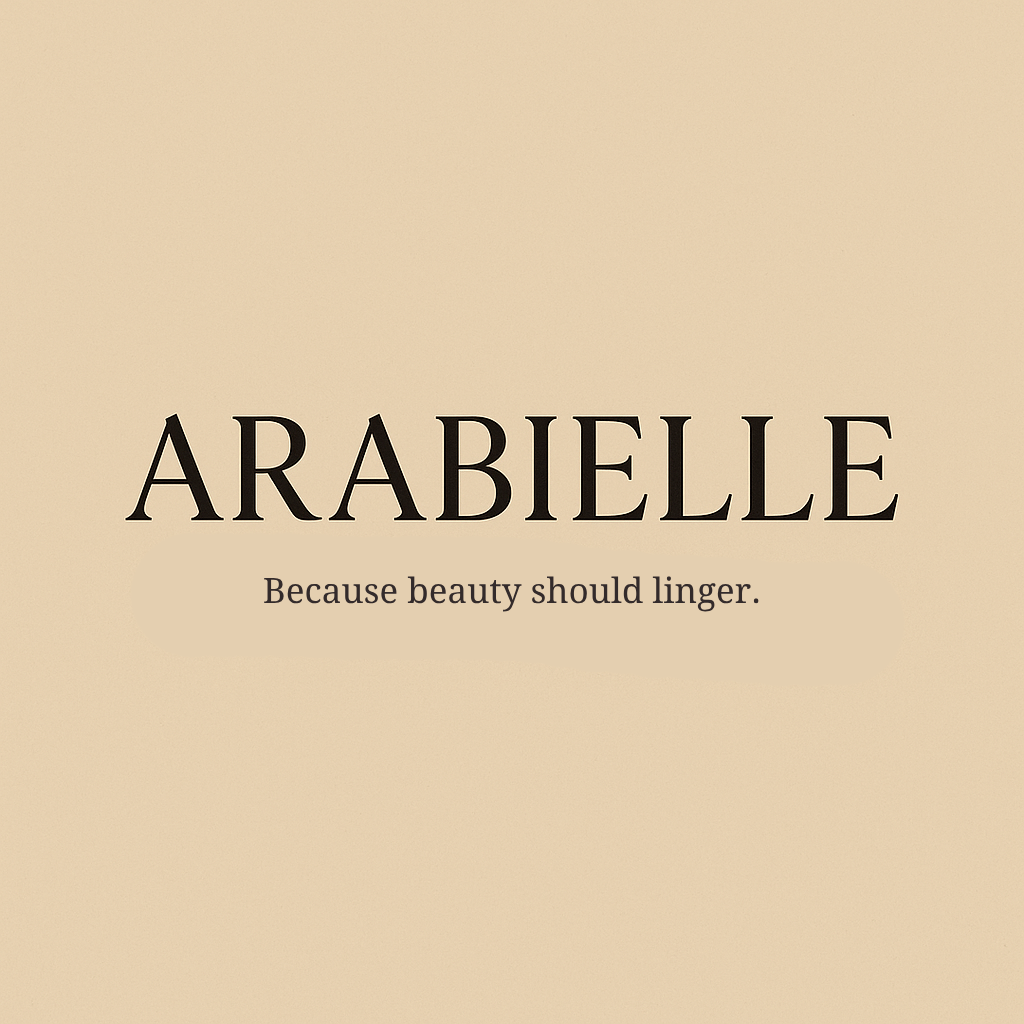Mother Wound Healing: 7 Transformative Steps to Break Free from Devastating Generational Trauma & Reclaim Your Self-Esteem
There’s an invisible current that runs through the lives of many women, a subtle yet persistent ache that often goes unnamed, unacknowledged, yet profoundly shapes their experiences. It’s the echo of the first and most formative of all connections: the relationship with the mother. When this primary bond is fraught with pain, unmet needs, or misunderstanding, it can create what is known as the “Mother Wound.” This isn’t necessarily about blaming our mothers, who are often products of their own wounds and societal pressures. Instead, understanding this wound is about recognizing its deep imprint on our Self-Esteem, our patterns in Daughter-Mother Relationships and other connections, and how it can perpetuate Generational Trauma.
The Mother Wound isn’t always born from overt abuse; it can stem from subtle but chronic Emotional Neglect Women, where a mother was physically present but emotionally unavailable, unable to mirror her daughter’s feelings, or validate her authentic self. It can arise from mothers who, struggling with their own unresolved issues, were overly critical, controlling, enmeshed, or even saw their daughters as competition. The societal pressures on women and mothers also play a significant role, often leaving mothers depleted and unable to give what they themselves never received.
This deep dive is for every woman who has ever felt that unspoken longing, that persistent sense of not-quite-enough, or a complex tangle of emotions surrounding her maternal relationship. It’s an exploration into the heart of Mother Wound Healing, offering a path not to erase the past, but to integrate its lessons, reclaim your authentic power, and consciously break the cycle.
Recognizing the Shadows: Signs and Symptoms of the Mother Wound
The Mother Wound manifests in myriad ways, often subtly woven into the fabric of a woman’s being. Recognizing these signs is the first step towards healing:
- Persistently Low Self-Esteem: A core feeling of being unworthy, unlovable, or “not good enough,” despite external achievements. This is a direct hit to Self-Esteem Women.
- Difficulty Setting Boundaries: A tendency to over-give, say “yes” when you mean “no,” and struggle to protect your emotional and physical space, especially in Daughter-Mother Relationships.
- People-Pleasing Tendencies: An ingrained need to seek external validation and approval, often at the expense of your own needs and desires.
- Self-Sabotage: Unconsciously undermining your own success, happiness, or healthy relationships, perhaps feeling undeserving or fearing a backlash.
- Challenges in Romantic Relationships: Repeatedly choosing emotionally unavailable partners, fearing intimacy or engulfment, difficulty trusting, or an intense fear of abandonment.
- Complicated Relationships with Other Women: Experiencing competition, jealousy, mistrust, or conversely, an intense need to be mothered by female friends or authority figures.
- Chronic Guilt or a Vague Sense of Longing: A persistent feeling that something is missing, or an unshakeable (and often unwarranted) sense of responsibility for others’ happiness, especially your mother’s.
- Perfectionism and Harsh Self-Criticism: An unrelenting inner critic that magnifies flaws and demands an impossible standard of flawlessness.
- Emotional Numbness or Overwhelm: Difficulty identifying or expressing your own emotions, or feeling easily overwhelmed by them due to past Emotional Neglect Women.
- Fear of Motherhood or Repeating Negative Patterns: Intense anxiety about becoming a mother or unconsciously replicating the painful dynamics experienced in your own childhood.
The Patriarchy, Generational Trauma, and the Mother Wound Connection
It’s crucial to understand that the Mother Wound doesn’t exist in a vacuum. It is often deeply intertwined with patriarchal societal structures and the transmission of Generational Trauma Women.
- Societal Devaluation of the Feminine: Patriarchal systems have historically devalued women, feminine qualities, and the role of mothering itself. Mothers, often unsupported and disempowered, may have lacked the resources (emotional, financial, societal) to nurture their daughters fully.
- Unmet Needs Passed Down: A mother who was not mothered well herself, who experienced Emotional Neglect or whose own dreams were thwarted, may unconsciously project her pain, unmet needs, and limiting beliefs onto her daughter. This is how trauma and wounding patterns are passed down through generations.
- Internalized Misogyny: Mothers might inadvertently teach their daughters to shrink, to prioritize others’ needs above their own, or to view other women with suspicion, reflecting internalized societal messages about female worth and roles.
- The Burden of Perfection: Society often places an impossible burden of perfection on mothers. When they inevitably fall short, both mother and daughter can suffer.
Mother Wound Healing is, in many ways, a feminist act of reclaiming inherent worth and breaking free from these limiting intergenerational patterns.
The Far-Reaching Ripples: How the Mother Wound Impacts Every Facet of a Woman’s Life
The initial bond with our mother is our first template for love, safety, and self-worth. When this template is flawed, the repercussions can extend into every area of a woman’s life:
- Romantic Relationships: A daughter with an unhealed Mother Wound might unconsciously seek to heal it through her romantic partners, often choosing individuals who mirror the emotional unavailability or critical nature of her mother, perpetuating a cycle of pain. Alternatively, she might become overly clingy or fiercely independent to avoid re-experiencing old hurts. This directly impacts Self-Esteem Women within these intimate contexts.
- Friendships with Women: The Mother Wound can make it difficult to trust other women, leading to superficial friendships, feelings of competition, or an inability to form deep, supportive bonds. Some may constantly seek a “surrogate mother” in friends, placing undue expectations on these relationships.
- Career and Ambition: Deep-seated feelings of inadequacy can manifest as imposter syndrome, fear of visibility, or an inability to acknowledge one’s own achievements. A woman might unconsciously hold herself back, believing she doesn’t deserve success or fearing that outshining others (perhaps even her mother) is unsafe.
- Parenting Her Own Children: This is often where the Mother Wound becomes acutely painful. A woman may be terrified of repeating the mistakes of her own mother, leading to intense anxiety, overcompensation, or even a replication of the very patterns of Emotional Neglect Women or control she experienced. Conversely, the desire to heal can make her an exceptionally conscious parent.
- Relationship with Self: Perhaps the most profound impact is on a woman’s relationship with herself. The Mother Wound can lead to a fragmented sense of identity, chronic self-doubt, an inability to practice self-compassion, and a persistent feeling of being fundamentally flawed, severely damaging Self-Esteem.
- Physical and Mental Health: The chronic stress of unprocessed emotional pain, hypervigilance, and negative self-talk can contribute to anxiety, depression, and even physical ailments.
The Path to Wholeness: 7 Transformative Steps for Mother Wound Healing
Healing the Mother Wound is a courageous, deeply personal, and often non-linear journey. It is not about “fixing” your mother, but about healing yourself and reclaiming your life. These seven steps offer a compassionate roadmap:
- Step 1: Acknowledge and Validate Your Wound and Its Origins. This is the courageous first step: to name the pain and its source. It means allowing yourself to see your childhood and your Daughter-Mother Relationships with clarity, acknowledging the ways your needs were not met, without dismissing or minimizing your experience. Understand that recognizing the impact of Emotional Neglect Women or other maternal shortcomings is not about assigning blame in a hateful way, but about understanding cause and effect for the purpose of your own liberation. Your feelings are valid, even if your mother cannot or will not acknowledge your experience.
- Step 2: Grieve the Unmet Needs and the Mother You Didn’t Have. Grief is a natural and necessary part of Mother Wound Healing. Allow yourself to mourn the ideal mother you longed for, the nurturing you deserved but didn’t receive, and the childhood experiences that were painful or lacking. This grief can encompass sadness, anger, disappointment, and a profound sense of loss. Suppressing these emotions only keeps the wound alive. Journaling, therapy, or somatic practices can support this process.
- Step 3: Consciously Separate Your Identity from Your Mother’s Narrative. Often, daughters internalize their mother’s beliefs about them, her unfulfilled dreams, her anxieties, or her criticisms. This step involves a conscious “sorting out” – differentiating who you are from who your mother is or what she expected you to be. What are your authentic values, desires, beliefs, and dreams? This individuation is crucial for building robust Self-Esteem Women.
- Step 4: Become Your Own Inner Mother – Cultivate Self-Nurturing and Radical Self-Compassion. This is where you actively learn to provide for yourself the love, validation, comfort, and support that may have been missing. It involves:
- Speaking to yourself with kindness, especially when you make mistakes.
- Prioritizing your needs and well-being.
- Celebrating your strengths and successes.
- Comforting yourself when you’re in pain.
- Setting boundaries to protect your inner peace. This “re-mothering” is a cornerstone of Mother Wound Healing.
- Step 5: Establish Healthy Boundaries in All Relationships, Especially with Your Mother. Boundaries are not about punishing others; they are about protecting your own emotional and psychological well-being. This might mean limiting contact, changing the topics you discuss, saying “no” to demands, or even choosing temporary or permanent distance if the relationship is consistently harmful. This can be particularly challenging in Daughter-Mother Relationships but is vital for self-preservation and healing.
- Step 6: Reclaim and Embrace Your Authentic Feminine Power. The Mother Wound can distort a woman’s connection to her own feminine nature. Healing involves reconnecting with your intuition, creativity, sensuality, strength, and wisdom in ways that feel authentic to you. This may involve challenging internalized misogyny passed down through Generational Trauma and seeking out healthy female role models and supportive sisterhood.
- Step 7: Break the Cycle – Consciously Choose New Patterns. This is perhaps the most empowering aspect of Mother Wound Healing. By healing yourself, you actively interrupt the transmission of Generational Trauma. You make conscious choices to relate to yourself, others, and (if you choose to parent) your own children in healthier, more loving ways. This means embodying the emotional availability, respect, and validation you once craved.
Navigating the External Relationship with Your Mother During Your Healing
It’s important to remember that Mother Wound Healing is primarily an internal process. It may or may not lead to a transformation in your actual relationship with your mother.
- Focus on Your Healing First: Your internal peace and well-being are the priority.
- Manage Expectations: Your mother may never change, understand your pain, or apologize in the way you hope. Acceptance of this reality can be liberating.
- Define the Relationship on Your Terms: Based on your healing and boundaries, you decide what level of contact and what kind of relationship (if any) is healthy for you.
- Compassion (When Possible): As you heal, you may find space for compassion for your mother, recognizing her own humanity and potential wounds, without excusing harmful behavior or sacrificing your own needs.
Conclusion: From Wound to Wisdom – The Sacred Journey of Reclaiming Yourself
The journey of Mother Wound Healing is one of the most profound and courageous undertakings a woman can embark upon. It asks you to delve into the deepest recesses of your heart, to confront old pain, and to actively choose a new path for yourself. While challenging, this path leads to incredible liberation, a more authentic and compassionate relationship with yourself, a stronger foundation for your Self-Esteem Women, and the power to cultivate healthier, more fulfilling connections in all areas of your life.
By tending to this primal wound, you not only reclaim your own life but also contribute to breaking the cycle of Generational Trauma Women, offering a legacy of greater emotional freedom and wholeness to those who come after. The pain of the Mother Wound can, with conscious effort and self-love, be transformed into profound wisdom, resilience, and a deeply felt sense of your own inherent worth.
What are your thoughts or experiences with this topic? Your voice is important. Share your reflections in the comments below – let’s support each other on this healing journey.
See also “The #1 Blueprint for Navigating Female Psychology: Critical Insights on Women’s Mental Health, Hormones & Forging Elite Resilience” for more ideas on women psychology
for more insights about the topic , see ” What Is the Mother Wound and How Do You Heal? “





